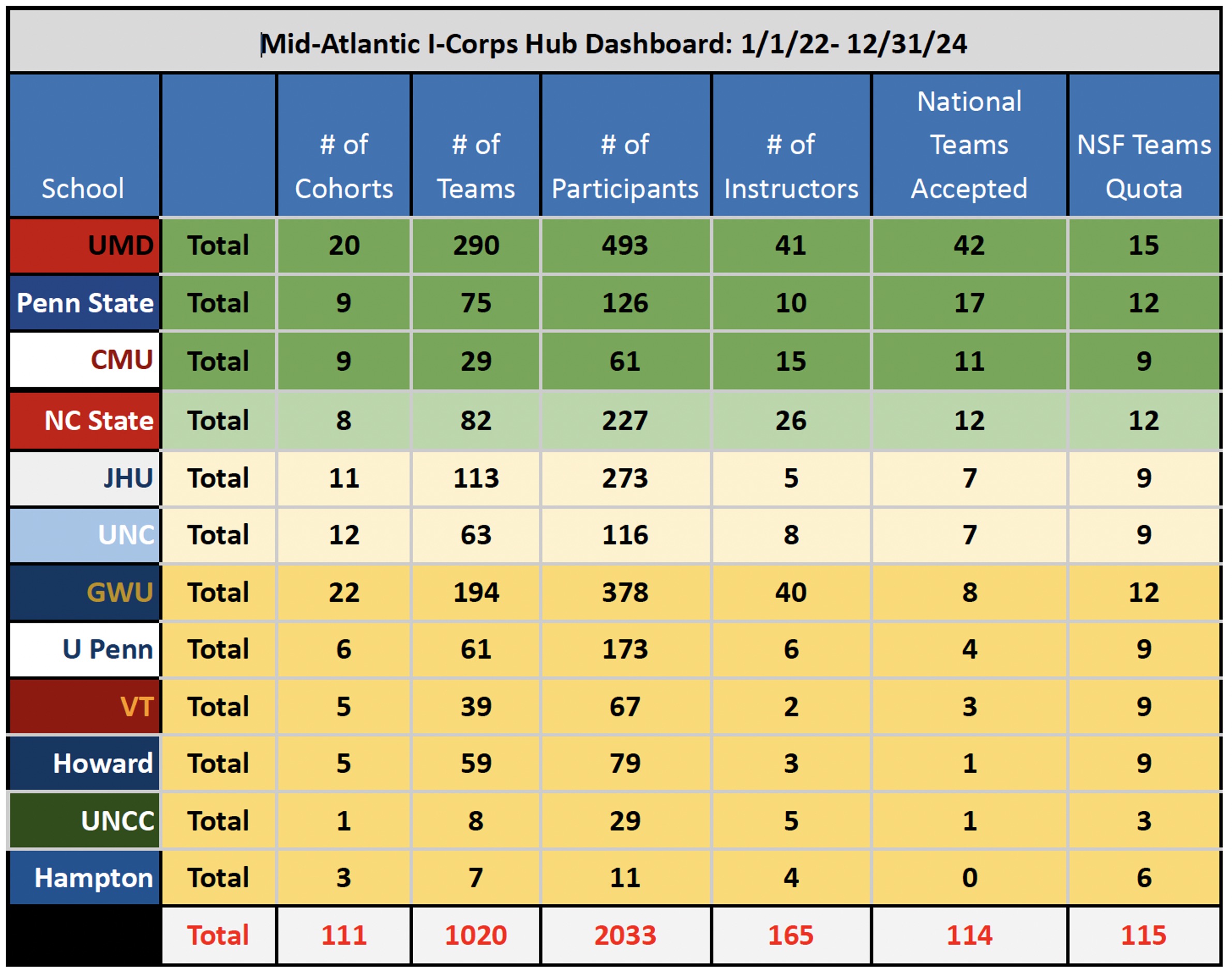UMD I-Corps Impact
1,360
Teams Served
2,229
Participants
$446M
Total Funding Raised by Teams
1,686
Jobs Created
402
Companies Created
384
Active Companies
142
Hub-Supported National Teams Accepted
221
Currently Active Companies in Maryland
Heading
“The customer discovery that I-Corps pushed us to do was essential. I-Corps helped us understand the dynamics of the market much more thoroughly than we had before. The curriculum was great, and the instructors were fantastic.”
—Josh Cable, special advisor, InventWood
I-Corps Companies
The NSF I-Corps Mid-Atlantic Hub has guided 1,360 teams through the I-Corps customer discovery process. Those teams have created 402 companies, generating 1,686 jobs and acquiring $420 million in funding. Select companies are highlighted below.
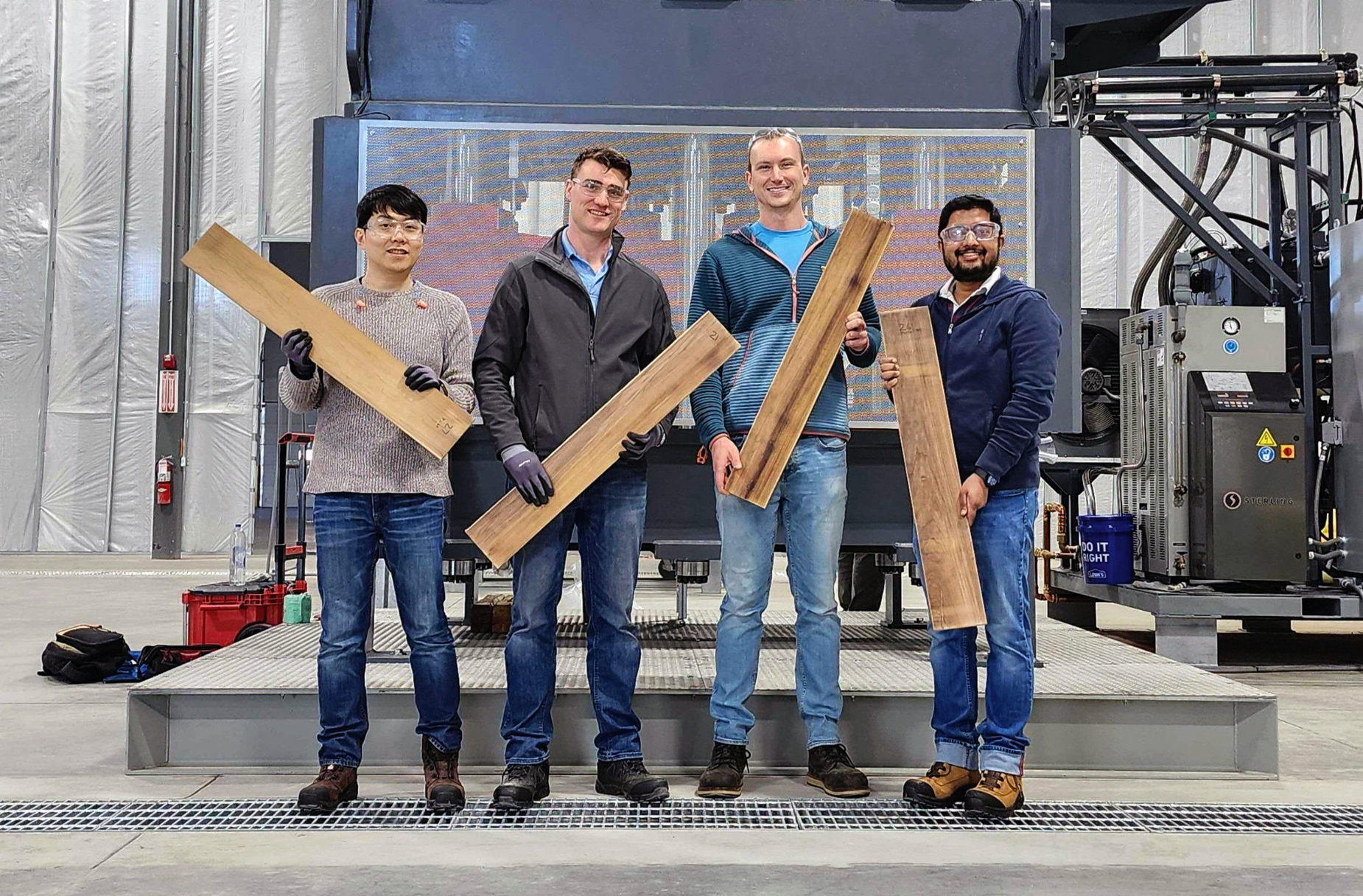
InventWood is developing a high-performance, cost-effective “SuperWood” that outperforms unsustainable alternatives widely used today. SuperWood is stronger and lighter than steel, allowing builders to create beautiful buildings with reduced costs and construction times, replacing steel and storing carbon in the process. SuperWood Facade will be the first product to launch in 2025, with SuperWood Beams coming soon after.
Funding:
$50 million raised, with over $30 million in non-dilutive federal, state, and local grants
Location:
Frederick, Md., with a 90,000 square-foot production facility. This facility will produce 1,000,000 square feet of SuperWood per year, starting in 2025
Employees:
19
Intellectual Property:
11 awarded patents, with 100+ pending
Origin:
InventWood’s technology was spun out of research by Liangbing Hu, Distinguished University Professor, University of Maryland
Programs:
I-Corps, Mtech Ventures, MEIA, Greentown Labs
“The customer discovery that I-Corps pushed us to do was essential. I-Corps helped us understand the dynamics of the market much more thoroughly than we had before. The curriculum was great, and the instructors were fantastic.”
—Josh Cable, special advisor, InventWood
.jpg)
Pathotrak develops technologies aimed at enabling a world with fresher, safer food and making food outbreaks a thing of the past.
I-Corps, MIPS, Mtech Ventures

N5 Sensors’ technologies keep people safe from environmental hazards through a cloud-connected ecosystem of smarter sensors and by leveraging the endless possibilities of shared data and AI.
I-Corps, MIPS
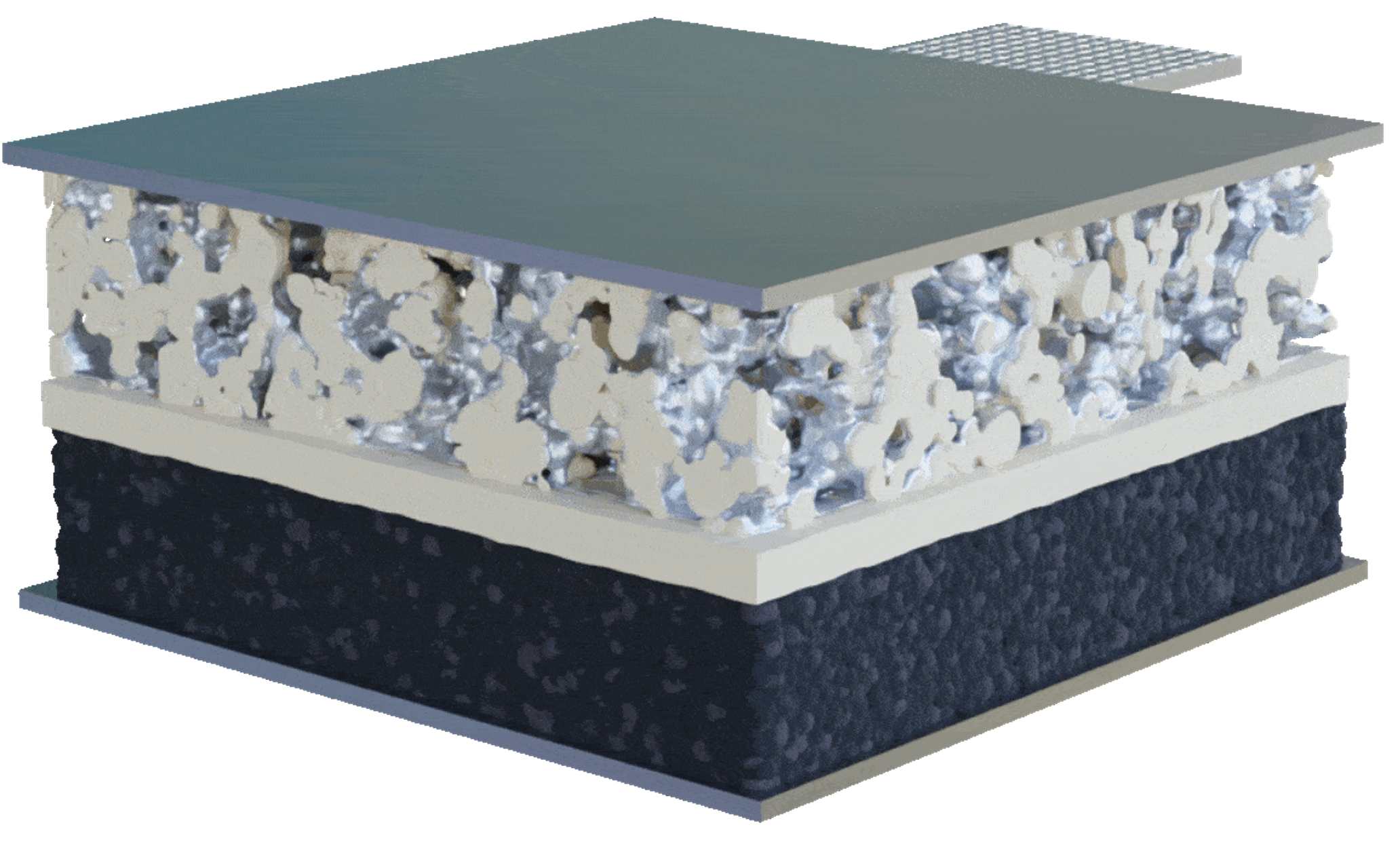
ION Storage Systems offers a uniquely adaptable solid-state battery solution for a variety of applications, including defense and aerospace, consumer electronics, electric vehicles, and grid storage. The company’s patented, anodeless, solid-state technology features a 3D, ceramic, variable architecture built with rapidly scalable manufacturing in mind. ION’s approach supports current and next-generation nickel and cobalt-free cathode chemistries, and scalable and sustainable processing, avoiding the issues and challenges of mining and refining rare earth metals.
In August 2024, ION announced that it had achieved a consumer electronics battery cycle life requirement of 800 cycles in its solid-state battery cells—without compression or volume change—traditionally a major impediment to SSB adoption.
Funding:
ION has acquired $74.2 million in total funding. The company’s investors include Saint-Gobain, Toyota Ventures, and Tenaska.
Location:
Beltsville, Md. In 2024, ION commissioned one of the largest solid-state battery manufacturing facilities in the U.S., also in Beltsville.
The company is expected to begin manufacturing 1MWh of battery cells, growing to 10MWh, with a longer-term goal of 500MWh of capacity by 2028. The facility is expected to bring skilled manufacturing jobs to Maryland.
Founders:
Eric Wachsman, Distinguished University Professor at the University of Maryland, is co-founder and board executive chair at ION. Greg Hitz, company co-founder, CTO and board director, earned his Ph.D. in materials science and engineering from UMD in 2016
Programs:
I-Corps, Mtech Ventures
On UMD Support:
“The resources on campus were incredible and really helped us get started,” said Hitz. “They enabled us to build our process without having to purchase equipment. Terrapin Works’ support was critical. A lot of our case prototyping was printed there.”
On I-Corps:
“I-Corps was fantastic,” said Hitz. “It really framed my thinking, especially in terms of focusing on the customer and what they want.”
“The resources on campus were incredible and really helped us get started. They enabled us to build our process without having to purchase equipment. Terrapin Works’ support was critical. A lot of our case prototyping was printed there.”
—Greg Hitz, Ion Storage Systems co-founder, CTO and board director
“I-Corps was fantastic! It really framed my thinking, especially in terms of focusing on the customer and what they want.”
—Greg Hitz, Ion Storage Systems co-founder, CTO and board director
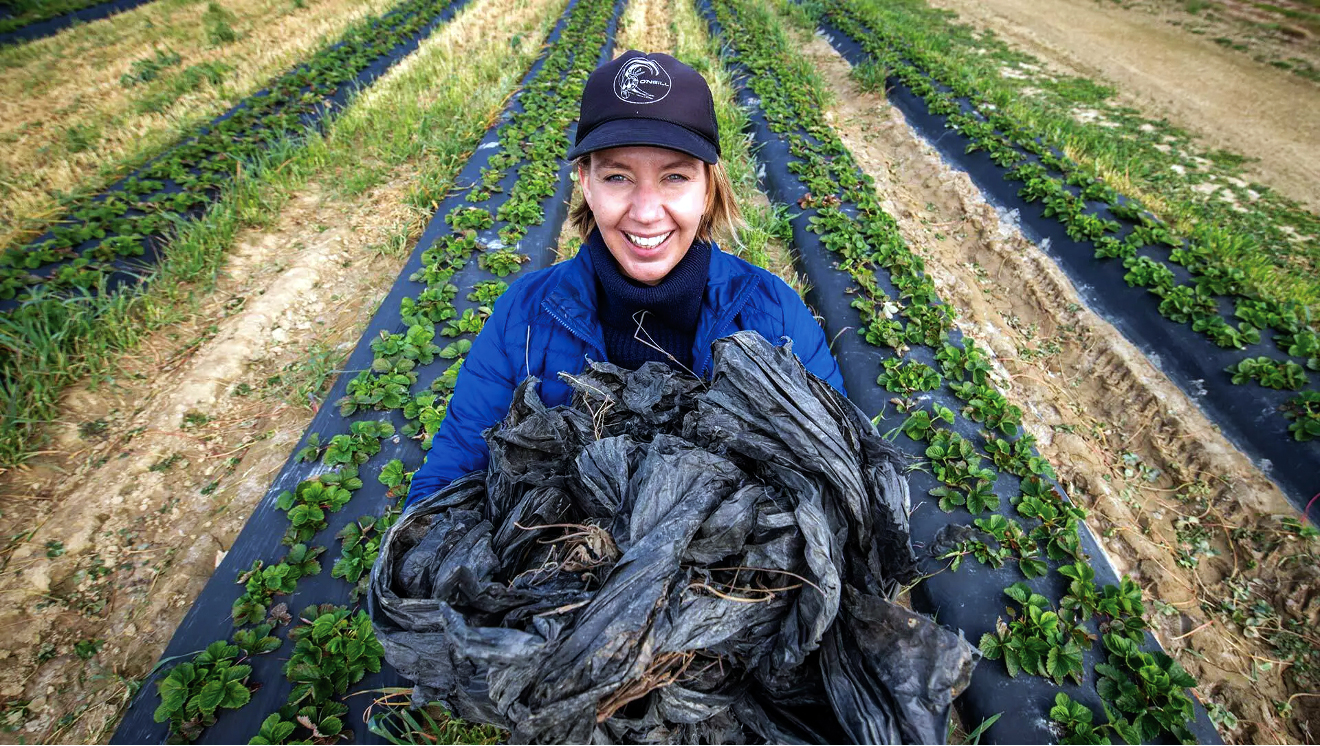
Repurpose Farm Plastic aims to collect and clean farmers’ unwanted plastics. Once treated, these items—including soil liners, feed bags, bale wraps and other commonly used items—can be recycled into other useful products.
Company co-founder and UMD alumna Krisztina Christmon, Ph.D. ’23, entomology, started the company after her grandfather suffered a fatal accident while burning plastic agricultural waste.

The Maryland Apple Tree Architecture Project team is developing and patenting a series of apple trees designed to meet the demands of a changing climate: they are heat-tolerant, blight-tolerant, low-maintenance, easy to harvest, and delicious.
The apples sprang from the Tree Architecture Program led by Christopher Walsh, professor emeritus, UMD College of Agriculture and Natural Sciences.
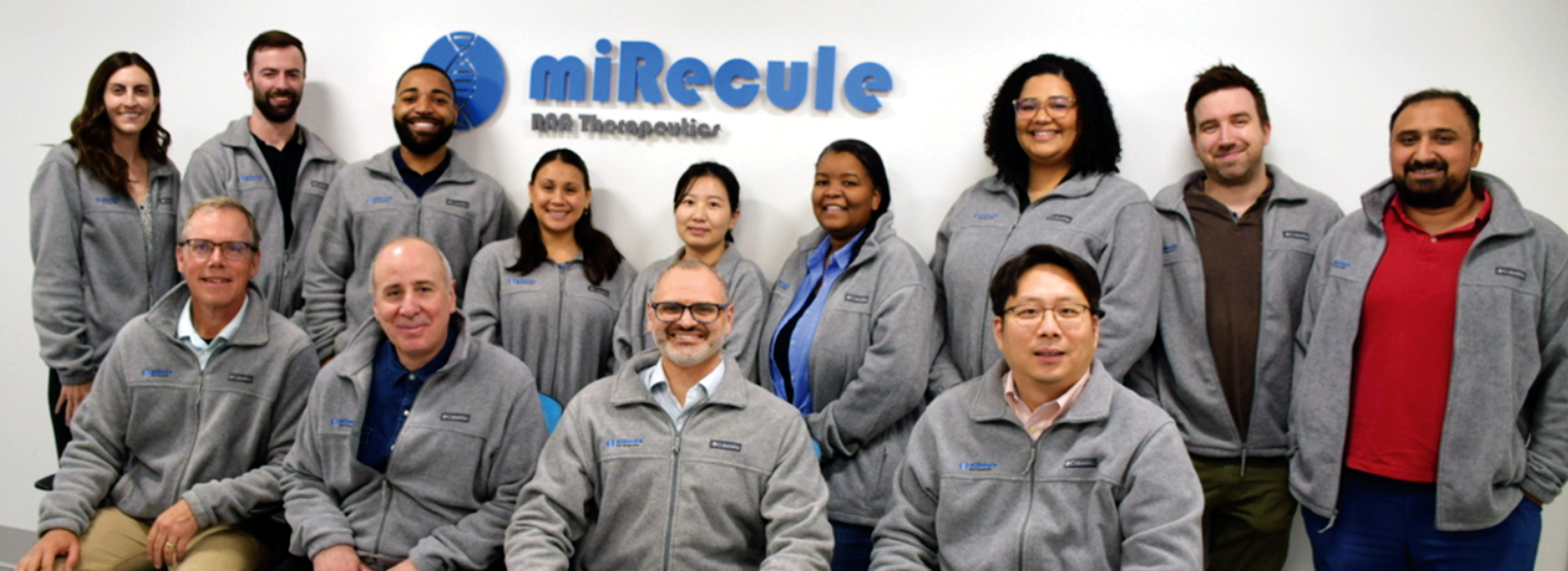
Gaithersburg, Md.-based miRecule™ is a biotechnology company developing RNA therapies for cancer and muscular dystrophy.
The company’s proprietary DREAmiR™ platform utilizes genomic and outcome data from thousands of patients to identify underlying genetic changes that cause their disease, and then creates a novel RNA therapeutic that can directly target and fix that genetic abnormality.
miRecule™ is applying the DREAmiR™ platform to develop first-in-class therapies, with lead programs in head and neck cancer and facioscapulohumeral muscular dystrophy (FSHD).
In October 2022, miRecule™ announced a strategic collaboration and exclusive license agreement with Sanofi to develop and commercialize a best-in-class antibody-RNA conjugate (ARC) for the treatment of FSHD. The collaboration marked miRecule’s first licensing transaction leveraging its proprietary DREAmiR™ platform.
Through the collaboration, miRecule™ received an upfront payment of $30 million, including two milestones, with potential future milestone payments of nearly $400 million in total, in addition to tiered royalties.
Funding:
$8 million from private investors, $6 million in non-dilutive grant funding, plus the Sanofi partnership cited above
Employees:
14
Intellectual Property:
Six patent families, five of which were developed inside of the company, while one was licensed for its cancer drug
Programs:
I-Corps, MIPS
“When I did I-Corps with miRecule [in 2019], the program had a great online platform for tracking [customer discovery] interviews. I-Corps helped us connect with people.”
—Anthony D. Saleh, CEO, miRecule

Based on the idea that reliability is the foundation of AI’s successful adoption, RELAI has created an automated and unified software platform that simplifies the complex process of identifying and mitigating potential reliability risks and explainability challenges in existing AI systems through multi-modal interpretability and reliability analyses and monitoring tools to design, train, inspect, and improve artificial intelligence systems.
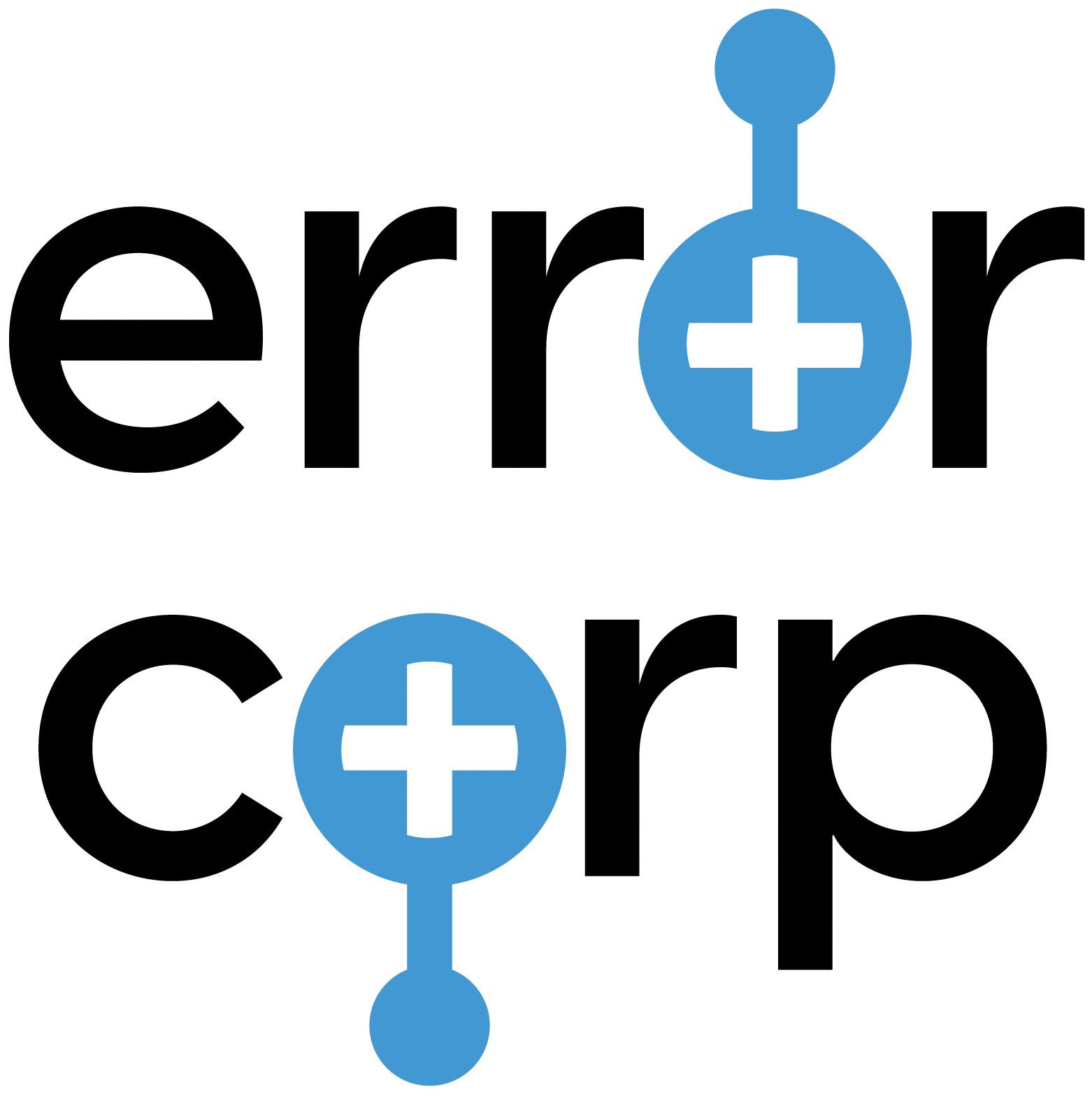
Error Corp. develops software products designed to suppress noise and efficiently correct errors in quantum computers.
By harnessing the power of artificial intelligence, coupled with proprietary algorithms, Error Corp. aims to hasten the era of fault-tolerant quantum computing and enable broad quantum computational advantage.
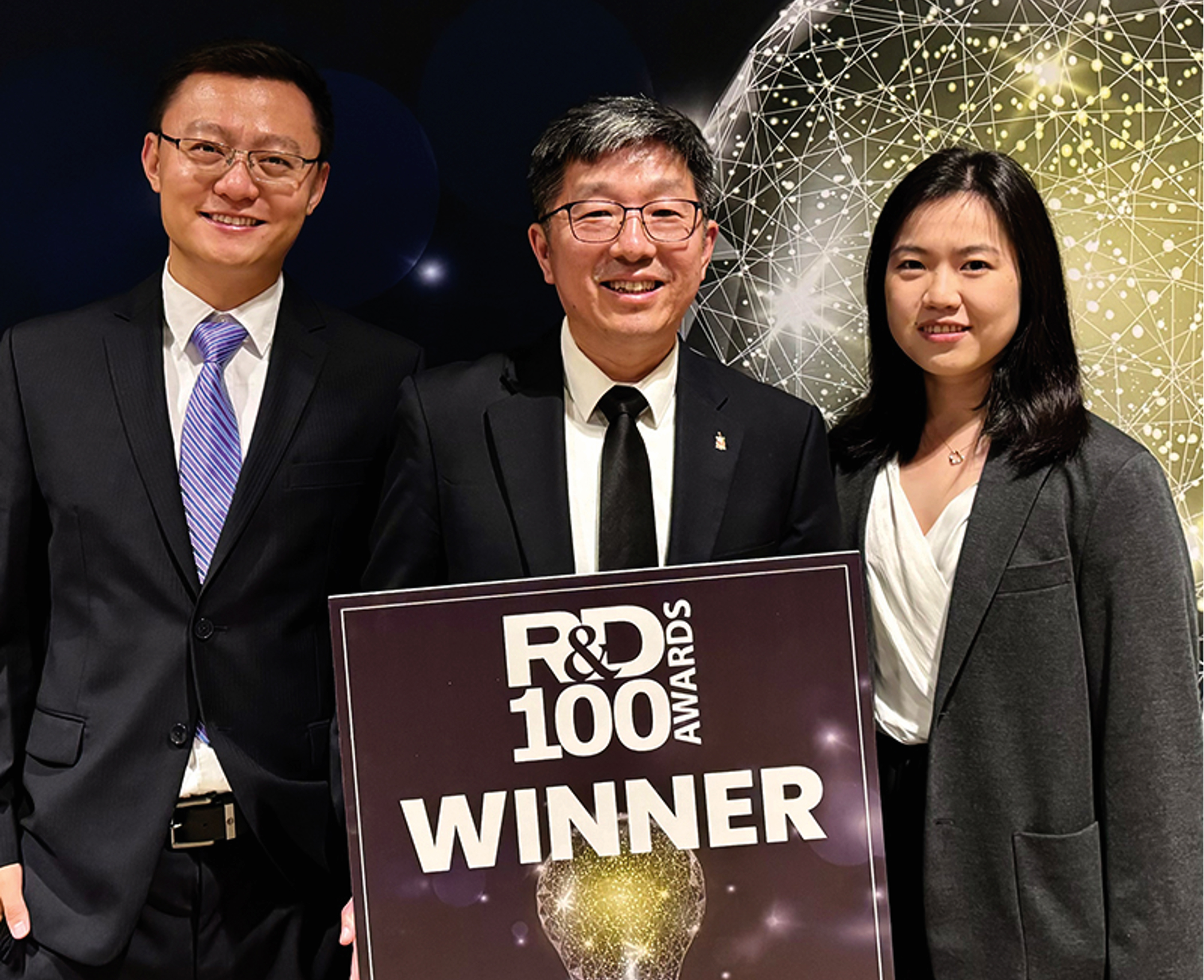
As a result of growing populations, climate change, poor water management, and geopolitical conflict, an estimated 87 countries will be in a state of water scarcity by 2050. While the technology exists to extract potable water from the atmosphere, current processes are not only expensive but energy-intensive—itself an environmental concern.
An I-Corps team of UMD researchers, led by mechanical engineering Assistant Research Scientist Bo Chen, have invented a solar-powered device called Aquair that can conjure water from thin air.
The team includes Chen, mechanical engineering professor Teng Li, and former Ph.D. student Shuangshuang Jing. They have invented a low-cost, sustainable atmospheric water harvesting system that can be manufactured and set up nearly anywhere on Earth, without electricity or complex process control. The technology is based on an all-natural, eco-friendly, biomass-based composite that can pull water from air anywhere on Earth, including arid environments, powered solely by sunlight. The composite, a foam made of earth-abundant cellulose and graphite, can absorb over 670 percent of its weight in water from the air, with 90 percent relative humidity, and quickly release 95 percent of absorbed water under sunlight irradiation in one hour.
The device is a foam structure with many small cavities. These cavities function like sponges to absorb water from the air. The material can be scaled depending on the user’s needs. For instance, a hiker could bring enough to fill a water bottle, while a household or community might need a larger quantity to meet their harvesting needs.
One of Aquair’s most important features is that the device can produce water that is safe for drinking, among various other uses. This aspect opens the door for diverse applications, from meeting essential drinking water needs to supporting agriculture and industry in water-scarce regions. The potential impact of this technology is vast, promoting a more secure and resilient future.
The Aquair team won the UM Ventures Invention of the Year Award in the Overall Physical Sciences category in 2023. They also won the prestigious 2023 R&D 100 Award for their invention.
The team participated in the NSF National I-Corps Teams program in May 2023.







